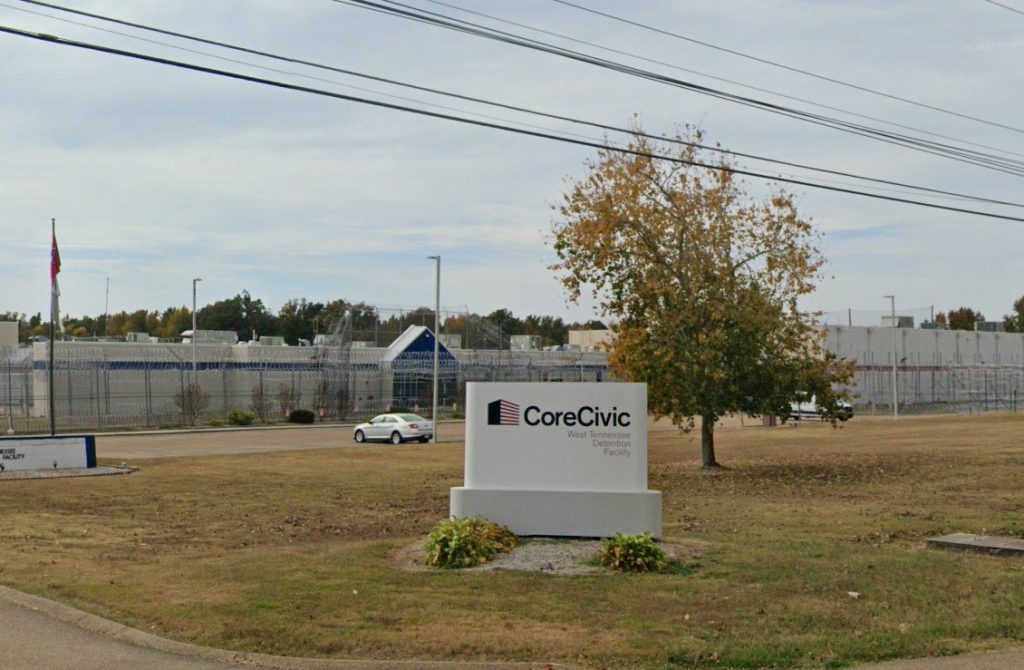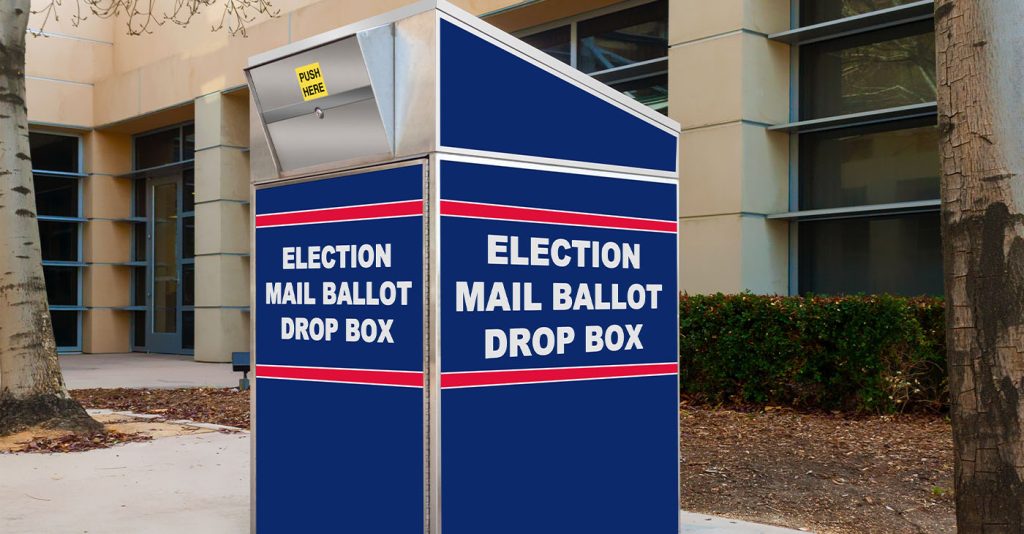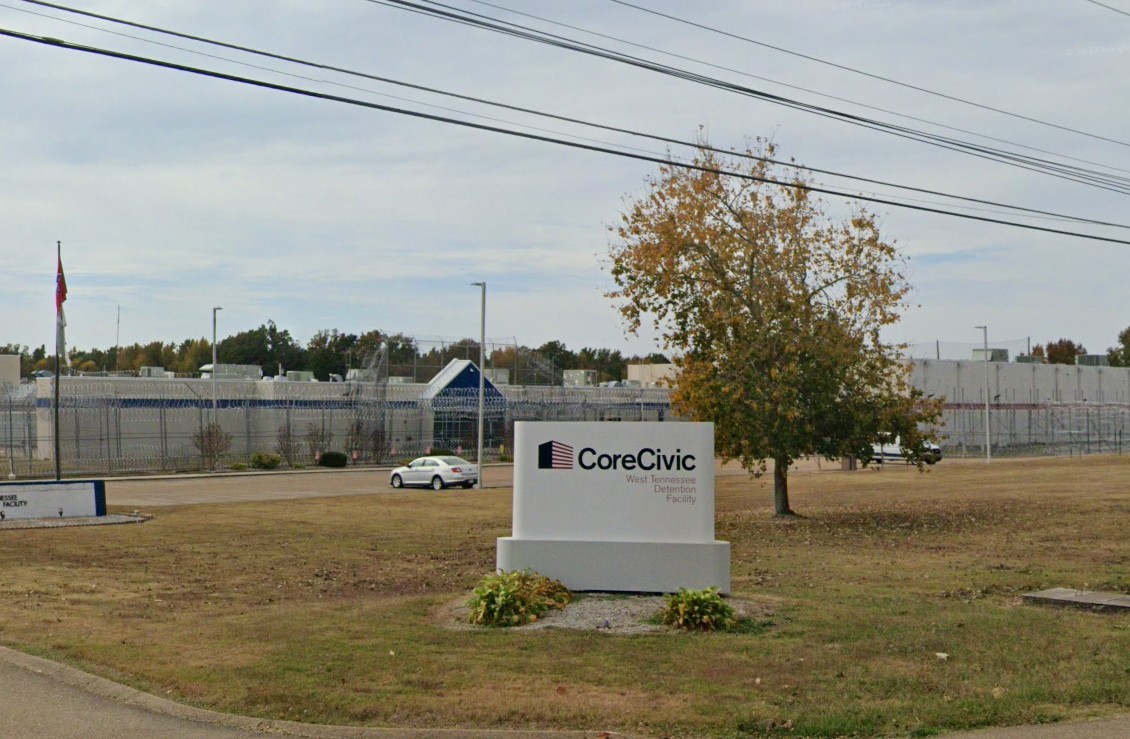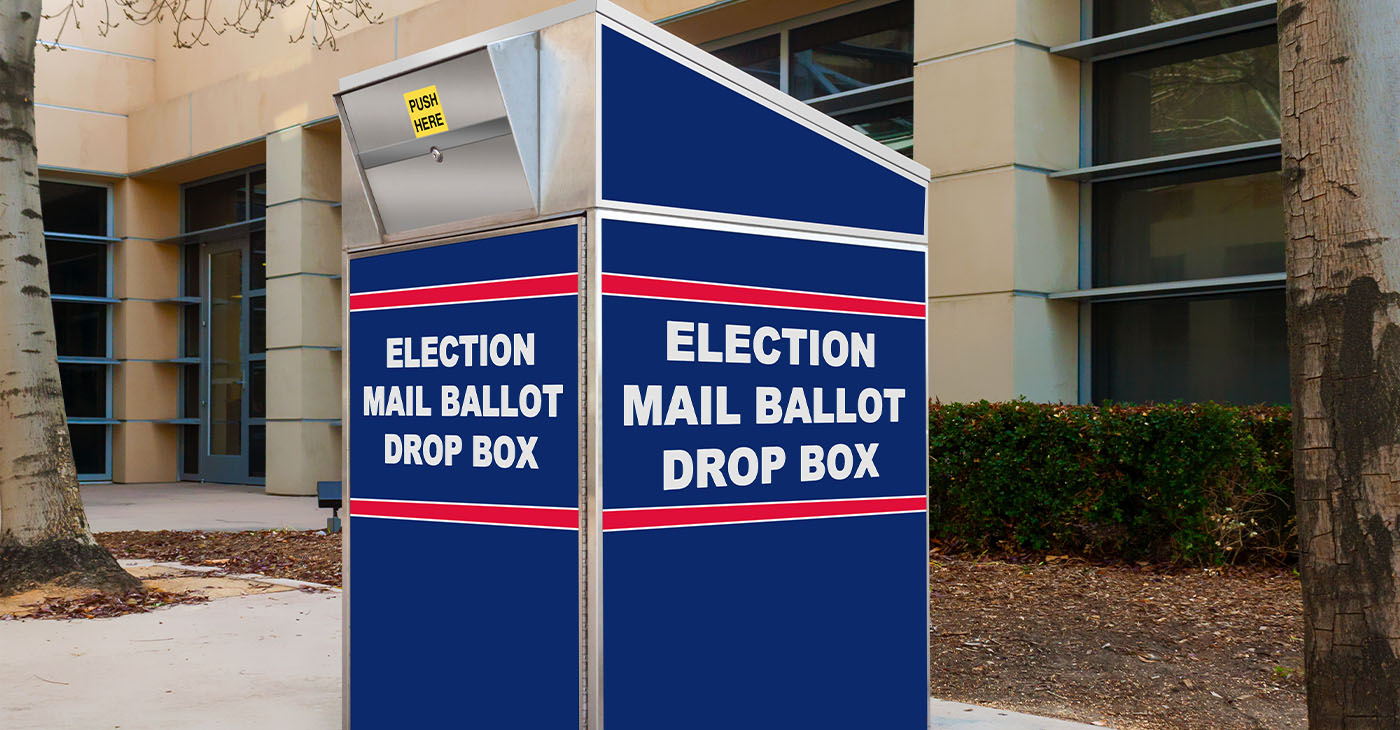
Facial recognition technology is now in use for security screening at some of the nation’s busiest airports, with TSA’s PreCheck Touchless ID available at 15 locations including Chicago O’Hare, Dallas-Fort Worth, Denver, Detroit, Las Vegas, Atlanta, New York’s JFK and LaGuardia, Los Angeles, Newark, Portland, Salt Lake City, San Francisco, Seattle, and Ronald Reagan Washington National. The system allows enrolled TSA PreCheck travelers with valid passports to verify their identity with a quick photo instead of a physical ID. TSA says the images are deleted within 24 hours of a flight and are not used for law enforcement or surveillance. If biometric matching fails, passengers must present a physical ID, and those who opt out receive the same screening position.
CBP is also expanding its use of biometric processing. This month, the agency launched Enhanced Passenger Processing (EPP) at Nashville International Airport, which photographs travelers using auto-capture technology before they reach an officer to confirm identity, check eligibility, and conduct enforcement screening. CBP says the system speeds inspection for most travelers while allowing officers to focus on higher-risk passengers, and participation is optional. Critics have long raised privacy concerns. In 2019, the Department of Homeland Security acknowledged that traveler photos had been stolen in a breach involving a subcontractor’s network, The Washington Post reported. TSA says its systems are encrypted, but lawmakers from both parties are seeking stricter protections.
The Traveler Privacy Protection Act of 2025 would require affirmative consent before any biometric data is collected, bar passive surveillance, and set deadlines for deleting stored images. It also calls for annual Government Accountability Office reviews on accuracy and potential bias by race, age, and gender. “By leveraging advanced technologies and mobile applications, we are transforming inspections at airports into a seamless, touchless process, enabling faster risk identification and efficient processing of legitimate visitors,” said Steven Stavinoha, CBP’s New Orleans director of ‘field operations.’












